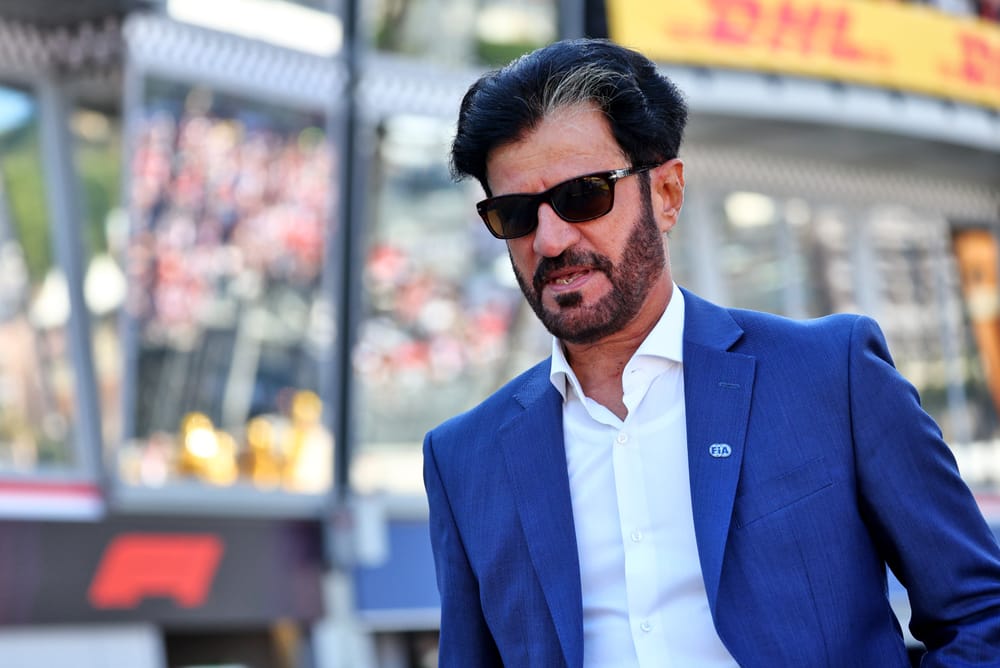Up Next

The advice of FIA president Mohammed Ben Sulayem that Andretti should now seek to buy a Formula 1 team rather than continue to pursue an additional 11th entry is a stark change of tone that's indicative of a bigger shift behind the scenes.
Ben Sulayem has, until now, been an advocate - arguably the most powerful one - of Andretti's bid to join the grid as a new entity.
He was the one who announced the process for new teams to register their interest in joining F1 would be opened in the first place - much to Formula One Management's chagrin.
And he was, after all, the one escalating the pressure on F1 to let Andretti in after the FIA's part in the new teams process had been completed last year.
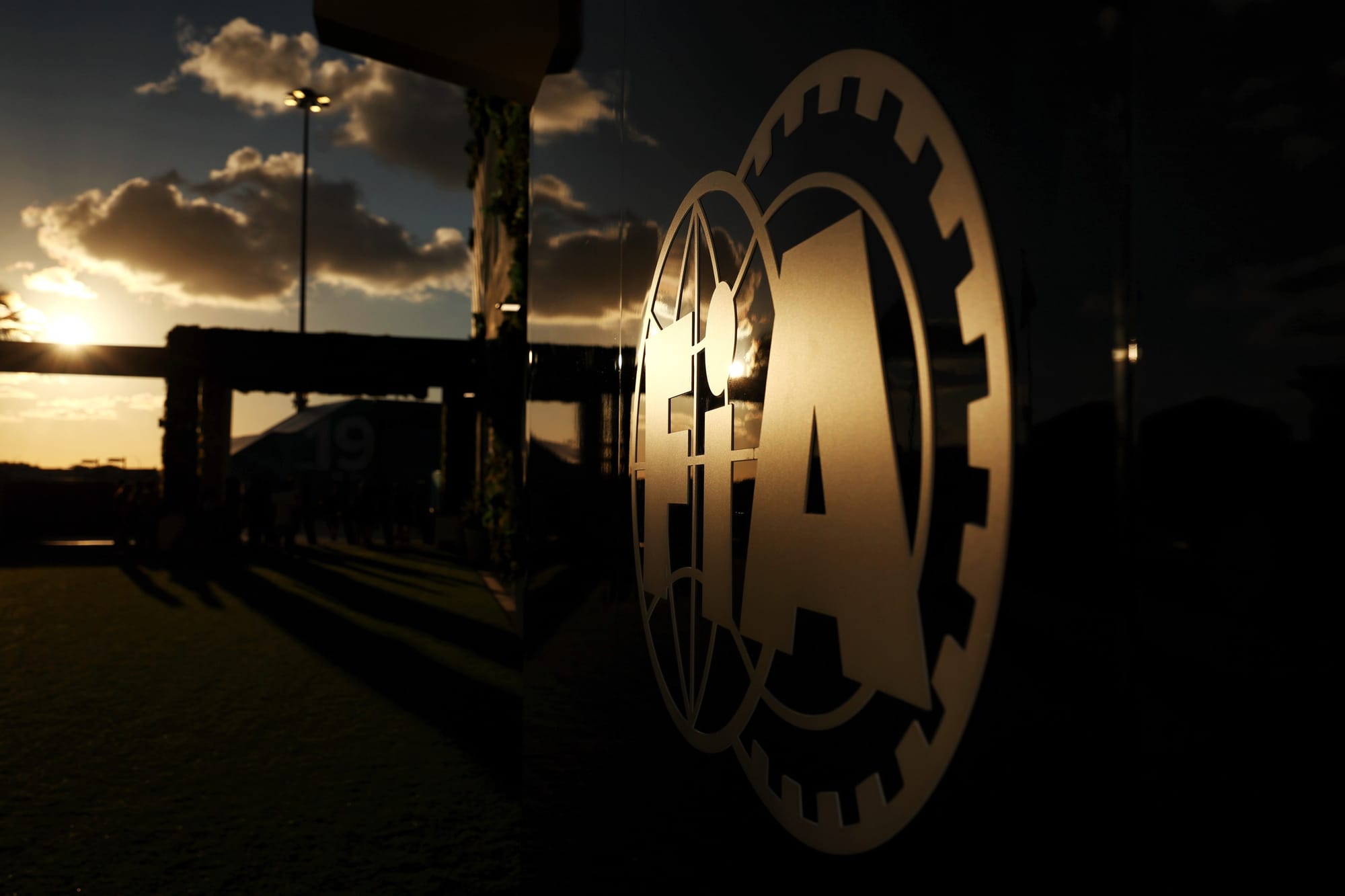
That sentiment - months still before F1 formally and emphatically rejected Andretti - was shared in an interview with Reuters, the same outlet with which he's now shared a change of tune - in the form of advice, no less.
"I have no doubt FOM and [commercial rights holders] Liberty would love to see other teams as long as they are OEMs [manufacturers]," said Ben Sulayem at the Monaco Grand Prix.
"I would advise them [Andretti Cadillac] to go and buy another team, not to come as the 11th team.
"I feel that some teams need to be refreshed. What is better? To have 11 teams as a number, or 10 and they are strong? I still believe we should have more teams but not any teams. The right teams.
"It’s not about the number, it’s about the quality."
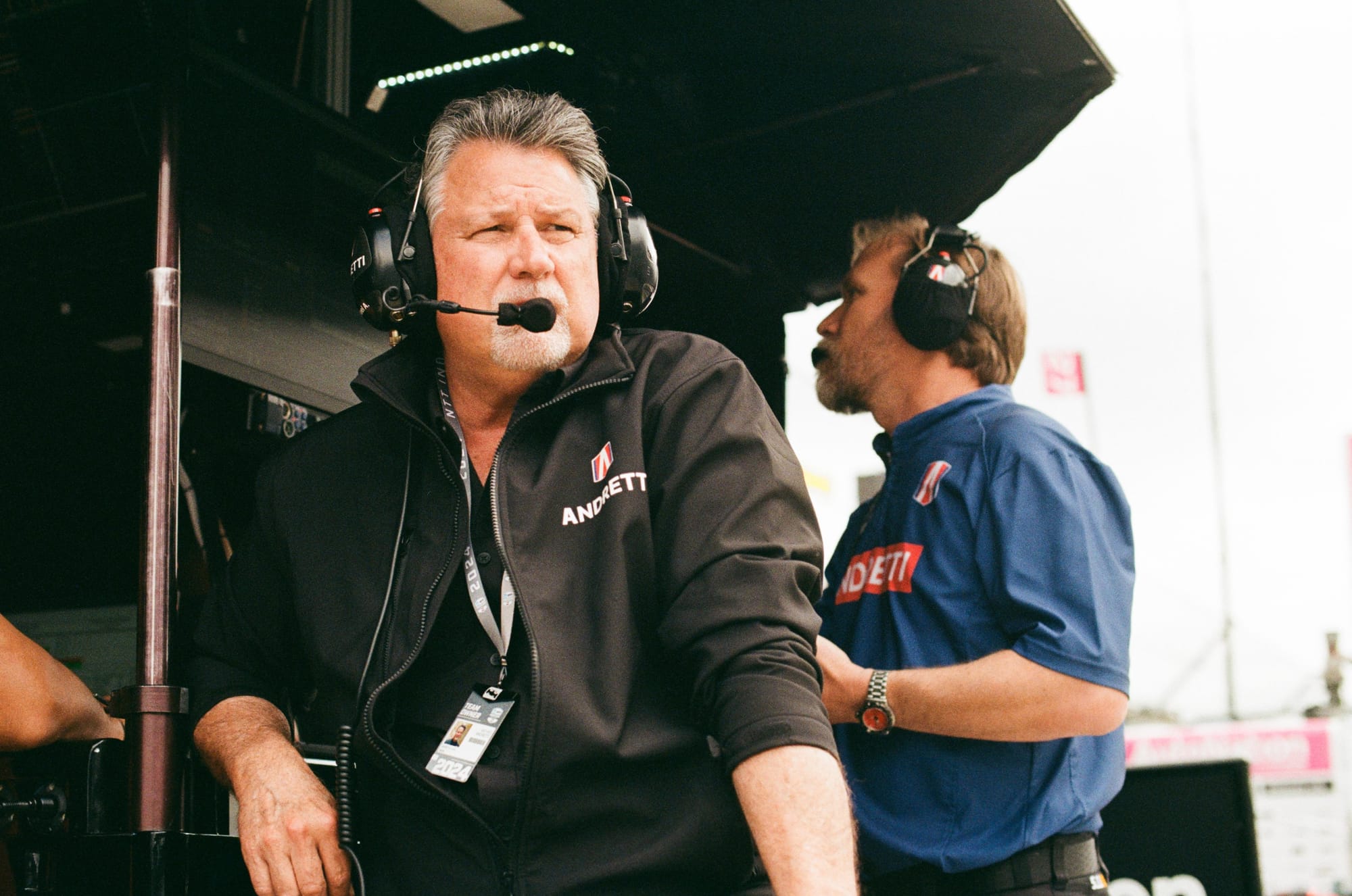
The bottom line is this is a big change of position.
Essentially, it's a shift from a mix of 'How can we say no to Andretti and GM?' and 'F1 needs more teams' to saying 'Stop trying to join as a new team [even though we entered you into this process]'.
And it certainly doesn't scream 'We're behind you all the way!' from the FIA in the way it did previously as Andretti continues to fight for its rejected entry.
It's a bit of a momentum-killer for Andretti, too, less than a week on from it announcing it is poaching F1 technical director Pat Symonds from the very organisation that has been resistant to its entry - a major that coup that also appeared to undermine FOM's assessment in rejecting Andretti that it wouldn't be a competitive proposition.
So what does Ben Sulayem's change of perspective mean?
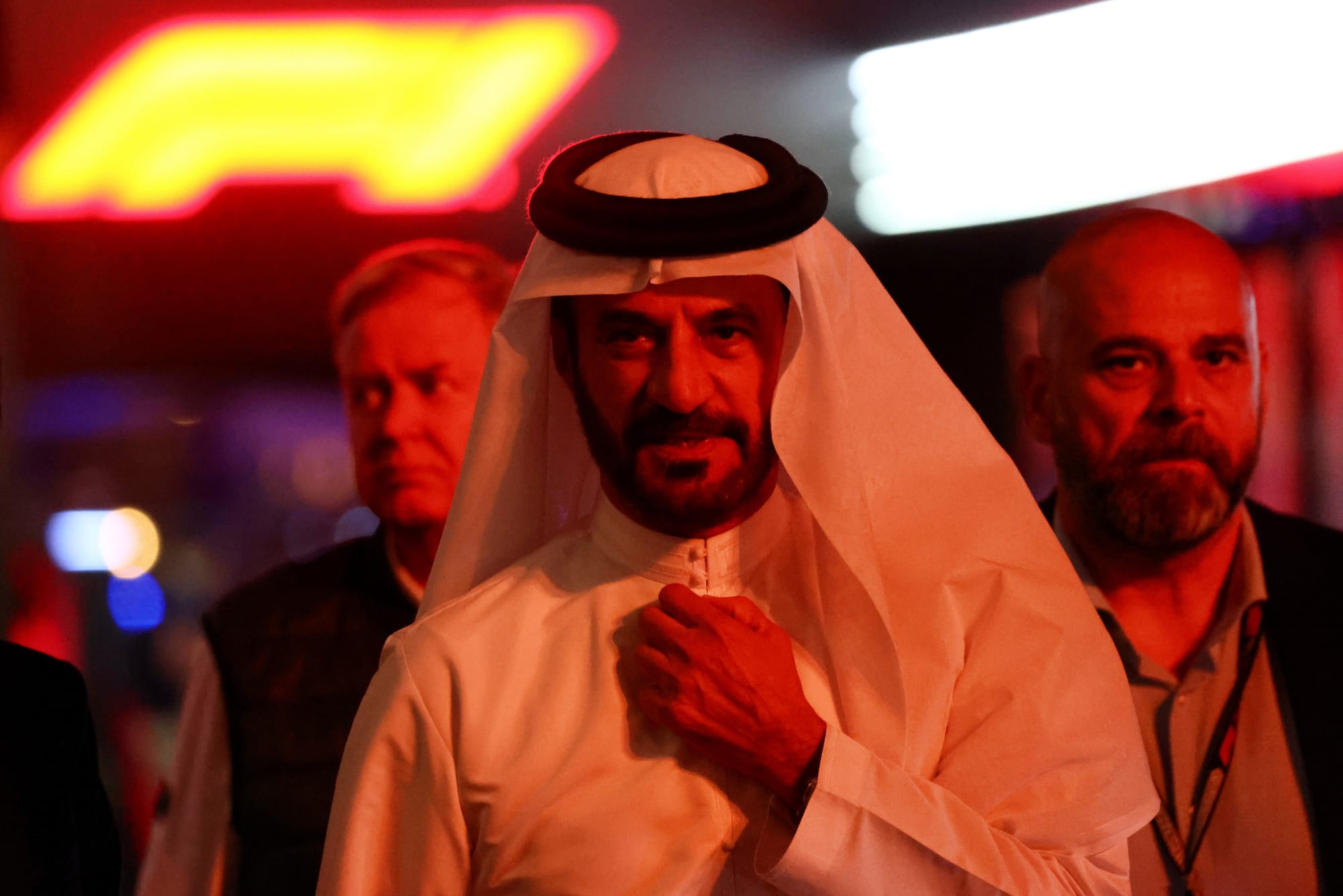
It doesn't necessarily change that much. The fact remains that the FIA said yes and FOM said no.
What it does do is align Ben Sulayem more closely with FOM, and it's consistent with the desire to mend strained relations between the governing body and the commercial rights holder.
While it doesn't mean the FIA is no longer backing Andretti's aspiration, it is a recognition of the reality of the situation and suggests a desire to guide this to the most pragmatic course of action to achieve the result everybody wants: an Andretti entry without the hassle of breaking up the current 10-team system.
Problem is, that's not a prospect that's necessarily close - not any closer, at least, just as a result of the president's words.
"Without mentioning names, there are teams which are struggling...struggling with performance, struggling even with management," said Ben Sulayem.
"It’s about having the right team, not to lose a chance or an opportunity where someone like GM [General Motors] with a power unit is coming to Formula 1 [as GM has suggested it would do via its Cadillac brand with Andretti for 2028].
"Imagine the impact. We have three races in America. We have such a huge fanbase. But we don’t have a proper [US] team. I’m so happy to have Ford in [with Red Bull from 2026] but imagine having GM and imagine having American drivers."
What are the options? RB, Haas - supposedly not a 'proper' American team - and Alpine are the likeliest three.
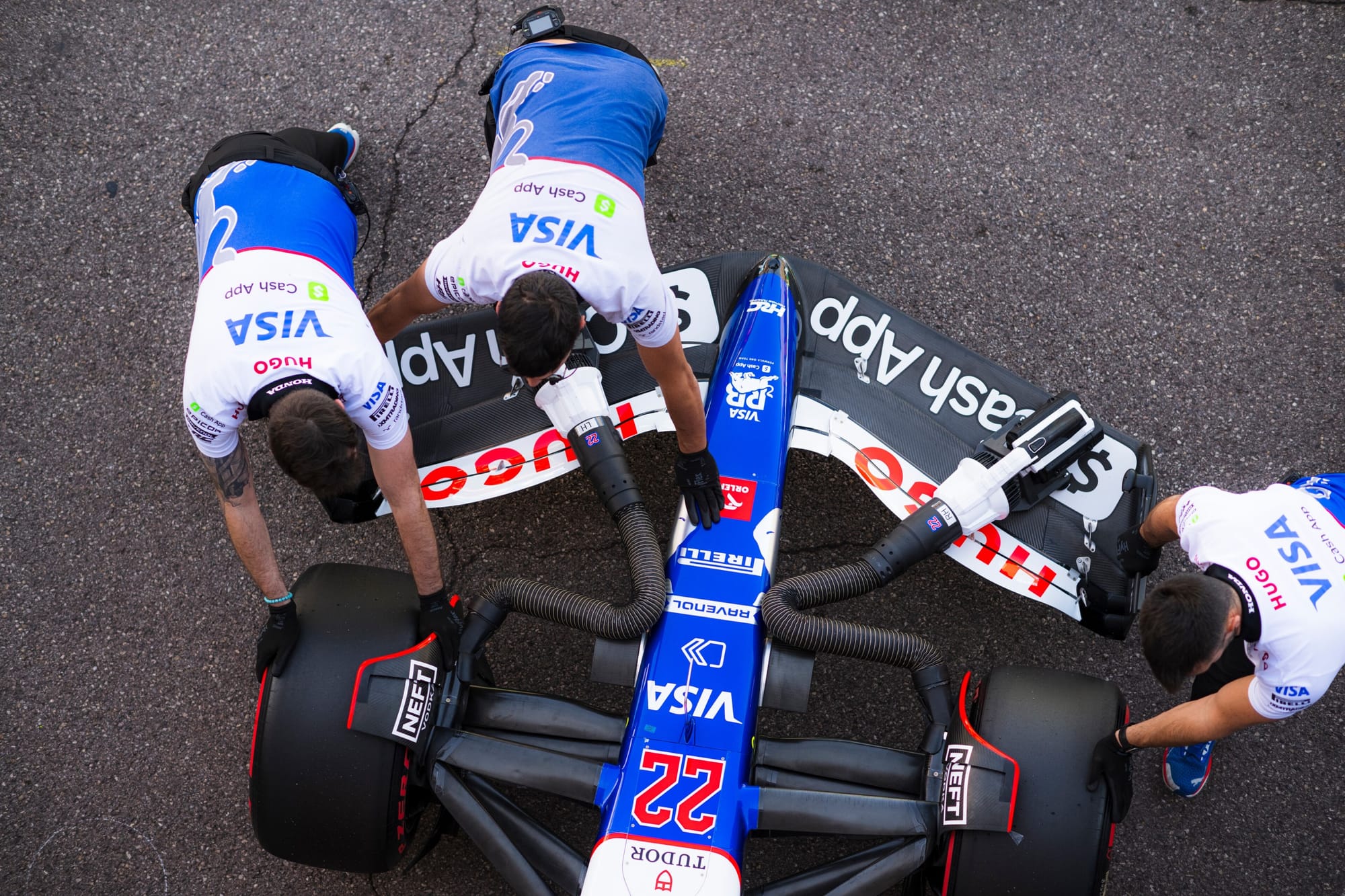
RB isn't for sale. But Red Bull does own two F1 teams and has been evaluating various directions to take its second F1 squad in for quite some time. And selling it would be a neat long-term solution to two-team ownership.
Haas is a tougher case still, with Gene Haas unwilling to sell. Given some residual animosity exists there too over previous conversations between Andretti and Haas, it's very hard to see how that changes.
As for Alpine, it's not officially for sale but Renault's commitment does seem to be all over the place. So it would be the most logical option.
But even then, it's a hypothetical rather than a tangible desire to sell up.
Given each of the three has varying degrees of not wanting to part with their entry, any possible sale price would inevitably have to be high or over the odds.
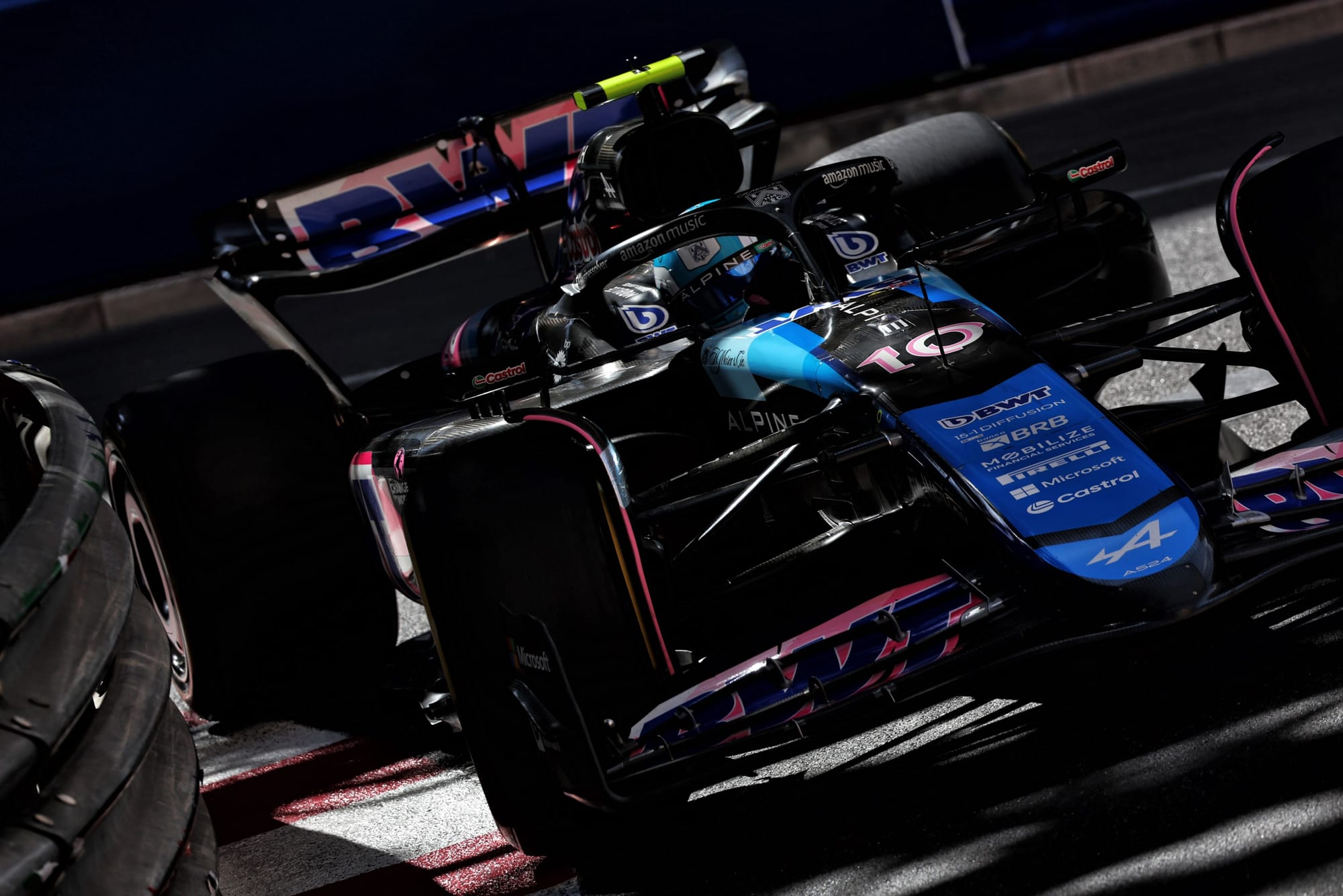
A Forbes valuation last year placed Williams as the 10th-most valuable team, with an estimated price tag of $725million. But Red Bull team principal Christian Horner, in outlining his support for Andretti while stressing it should join by purchasing an existing team, suggested in Monaco that the goalposts have changed since then.
"We've finally got into a position where there's great strength and health in Formula 1 and Liberty have to be congratulated for that, because they've created a model where even the worst team in Formula 1 probably has a $1billion valuation," he said.
That's perhaps not to be taken at exact face value, but is indicative of any buyout offer needing to be over-the-odds.
Resistance from F1 and its teams to an expansion is very well-documented. It's rooted in a desire - whether you think it's overprotective, greedy, or otherwise - to "be very careful not to dilute and to preserve the value of the championship and of the teams", as Alpine team principal Bruno Famin puts it.
Which of course makes the buyout route the best one. Trouble is, it tends to be quite hard to buy something from a closed shop.
So, the net result of Ben Sulayem's change of stance is it's has helped minimise a little bit of tension within that saga. It would've been unhelpful for this to keep dragging on with an FIA vs FOM subplot.
That's good for the governing body and its president, but it does little to help the project it was previously championing - one that looks increasingly ostracised.

